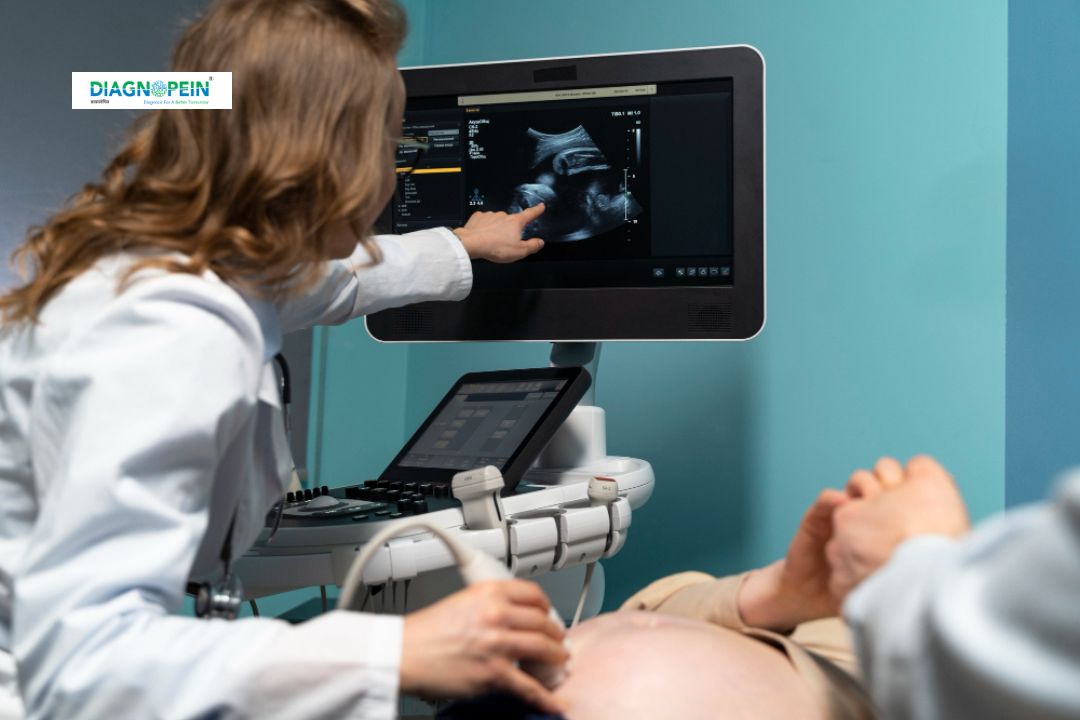Why Choose USG BPP?
Choosing a USG BPP test is vital for expecting mothers who need a detailed picture of their baby’s condition. This test provides a highly reliable overview of fetal health, helping healthcare providers determine whether the baby is thriving in the womb.
Why USG BPP:
-
Monitors fetal breathing and movements.
-
Measures amniotic fluid volume to assess fetal environment.
-
Detects signs of fetal distress before delivery.
-
Enhances pregnancy safety through regular fetal wellness checks.
The USG Biophysical Profile combines ultrasound imaging with a non-stress test (NST) to verify both physical and functional parameters of the fetus, making it one of the most comprehensive fetal monitoring techniques available.
Benefits of USG BPP
The USG BPP offers several important benefits for both mother and baby. It plays a crucial role in clinical decision-making for obstetricians, particularly in high-risk pregnancies.
Key Benefits:
-
Tracks fetal growth and activity accurately.
-
Detects complications like hypoxia or placenta insufficiency early.
-
Improves pregnancy outcomes by guiding safer delivery decisions.
-
Offers reassurance for mothers through clear visual confirmation of fetal wellness.
This biophysical profile ultrasound is non-invasive, safe, and does not involve radiation, making it ideal for repeated assessments in late pregnancy.
How is USG BPP Performed?
A USG Biophysical Profile is typically performed in the third trimester of pregnancy. The process is simple, quick, and completely safe for both mother and baby.
Procedure Steps:
-
The pregnant woman lies comfortably on the ultrasound bed.
-
The sonographer applies a special gel and uses a transducer to project real-time fetal images.
-
The examiner observes and scores five main parameters that reflect fetal well-being.
-
The results are combined into a biophysical score to help doctors assess the baby’s health.
Each factor in the USG BPP scan is assigned a score of 0 or 2, making a maximum score of 8 (ultrasound only) or 10 (with NST). Higher scores indicate optimal fetal health, while lower scores may necessitate further monitoring or medical intervention.
Parameters Assessed in USG BPP
The USG BPP test evaluates five essential biophysical parameters, including fetal activities and the surrounding intrauterine environment.
Parameters:
-
Fetal breathing movements
-
Fetal body movements
-
Fetal muscle tone
-
Amniotic fluid volume (AFI)
-
Fetal heart rate via Non-Stress Test (NST)








